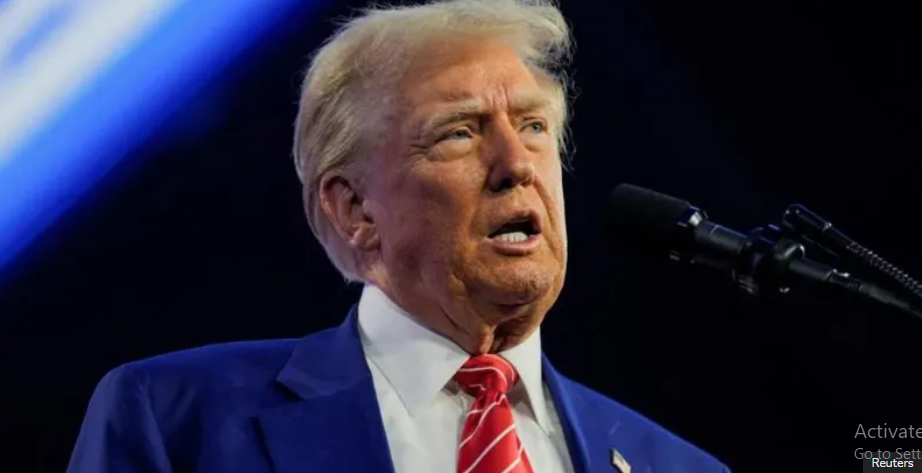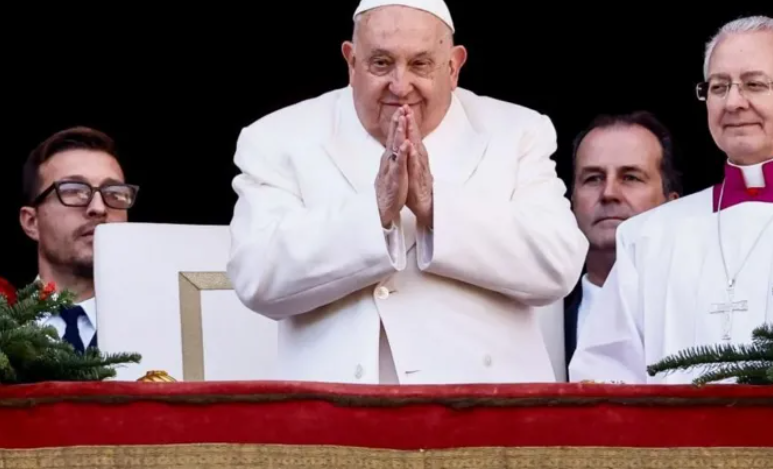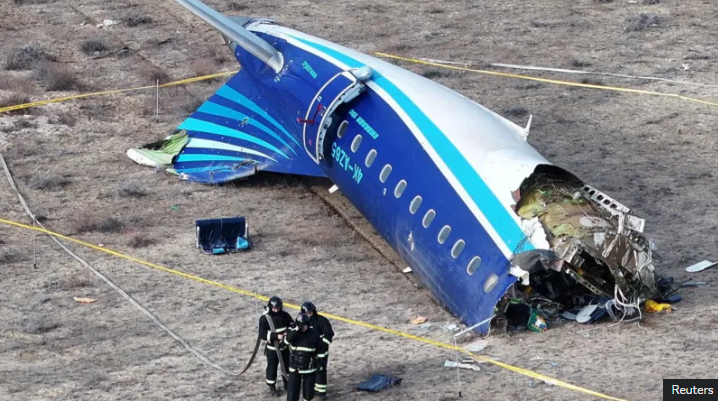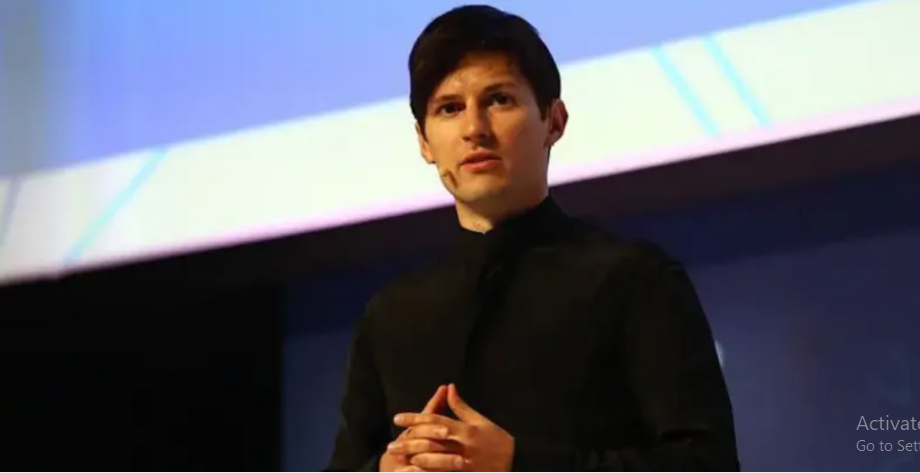Japan’s prime minister Fumio Kishida is expected to step down in September

Japan’s Prime Minister Fumio Kishida will not seek re-election as leader of the ruling Liberal Democratic Party (LDP), which he says needs a “new start”.
The 67-year-old LDP veteran is expected to step down as PM after the party elects a new leader in September.
Support for Mr Kishida, who has been PM since 2021, has fallen in the wake of a corruption scandal involving his party, rising living costs and a slumping yen.
His approval ratings had plummeted to 15.5% last month – the lowest for a PM in more than a decade.
“In the upcoming presidential election, it’s necessary to show the people that the Liberal Democratic Party will change,” Mr Kishida said at a press conference on Wednesday announcing his decision.
“A transparent and open election, and free and open debate are important. The first easy-to-understand step that indicates that the LDP will change is for me to step back,” he said.
Within the party, some have doubted whether Mr Kishida can lead the LDP to a win in the next general election due in 2025. The party has been in power almost continuously since 1955.
Corruption allegations rock Japanese politics
Japan unexpectedly slips into a recession
Analysts have told the BBC that Japan is going through a “once-in-a-generation” political crisis as the ruling party fights to clean up its image.
Last December, four LDP cabinet ministers resigned within a fortnight over a fundraising scandal involving the ruling party’s most powerful faction.
Five senior vice-ministers and a parliamentary vice-minister from the same faction, formerly led by the late PM Shinzo Abe, also quit.
Japan’s prosecutors launched a criminal investigation into whether dozens of LDP lawmakers received proceeds from fundraising events that saw millions of dollars kept off official party records.
But Mr Kishida’s handling of the fundraising scandal drew public criticism, which made him more unpopular.
The controversy also unfolded as Japanese households struggled with food prices soaring at the fastest rate in almost half a century.
The combination of economic woes and political scandal fuelled mistrust in the ruling party, despite a weak and divided opposition.
Lufeiya 47 inch Computer Desk with 4 Fabric Drawers, Writing
Buy Now Amazon About this item Computer Desk Dimensions:Measuring 47.2″ L x 19.7″ W x 29.5″ H, this compact desk is perfect…
Spectacular firework displays will mark the start of the New
Fireworks and Air Pollution: A Global New Year’s Eve Tradition Under Scrutiny Millions of Fireworks Light Up the Skies AnnuallyAs the…
Why does Britain face flight chaos during bad weather?
Heavy Winds and Fog Disrupt Thousands of Flights Across the UK London — At the close of 2024, thousands of flights…
Trump to be sentenced over hush money case but judge
Judge Orders Sentencing for Donald Trump in Hush-Money Case Days Before Inauguration New York — Former President Donald Trump will be…
Samsung Galaxy Tab S9 FE 10.9” 128GB WiFi Android Tablet,
About This Item: Samsung Galaxy Tab S9 FE Series Circle It, Search It, Find It: Easily search for anything on your…
Pope urges negotiations to end Ukraine-Russia war
Pope Francis Urges Negotiations to End Ukraine-Russia War in Christmas Address In his annual Christmas Day address, Pope Francis renewed his…
















